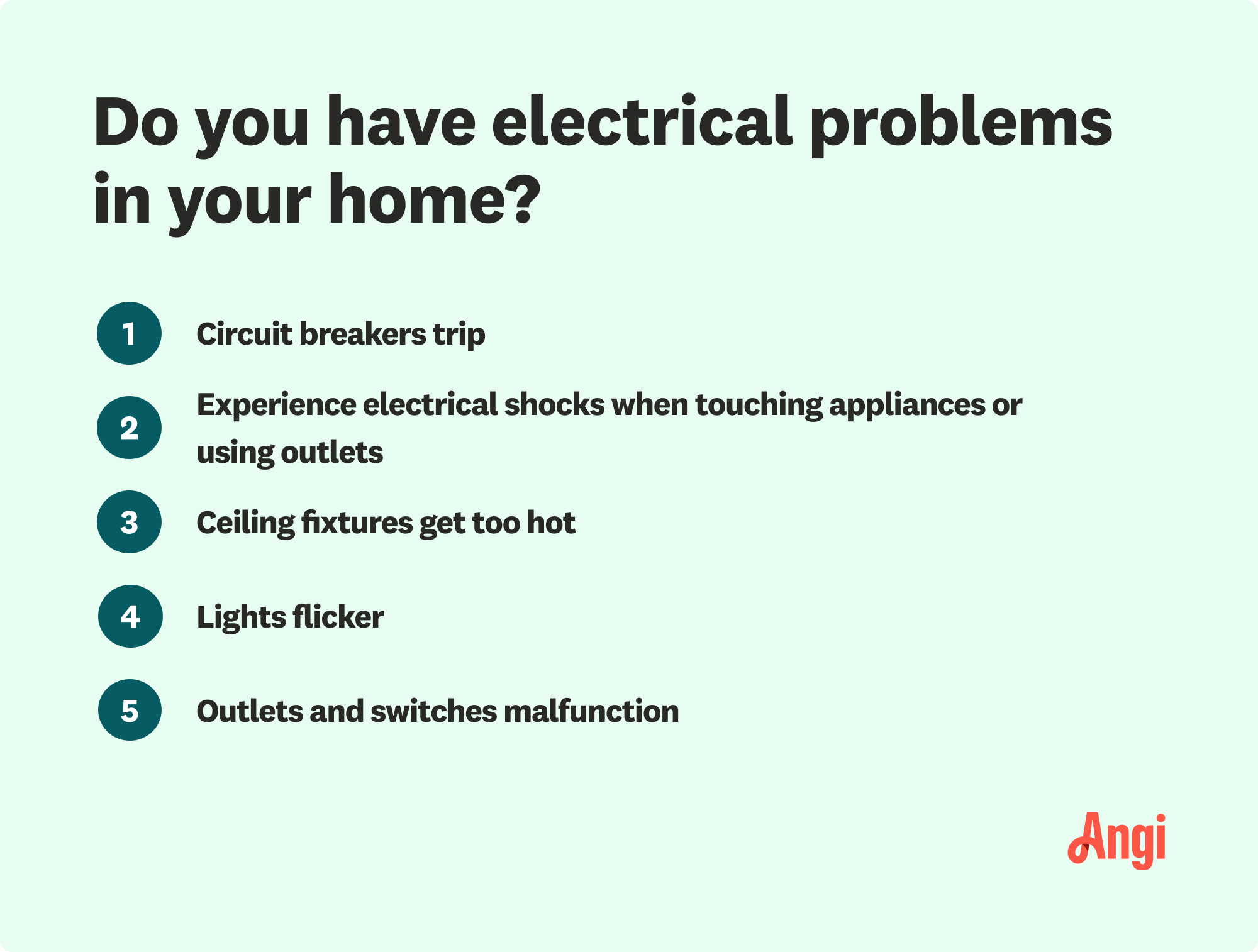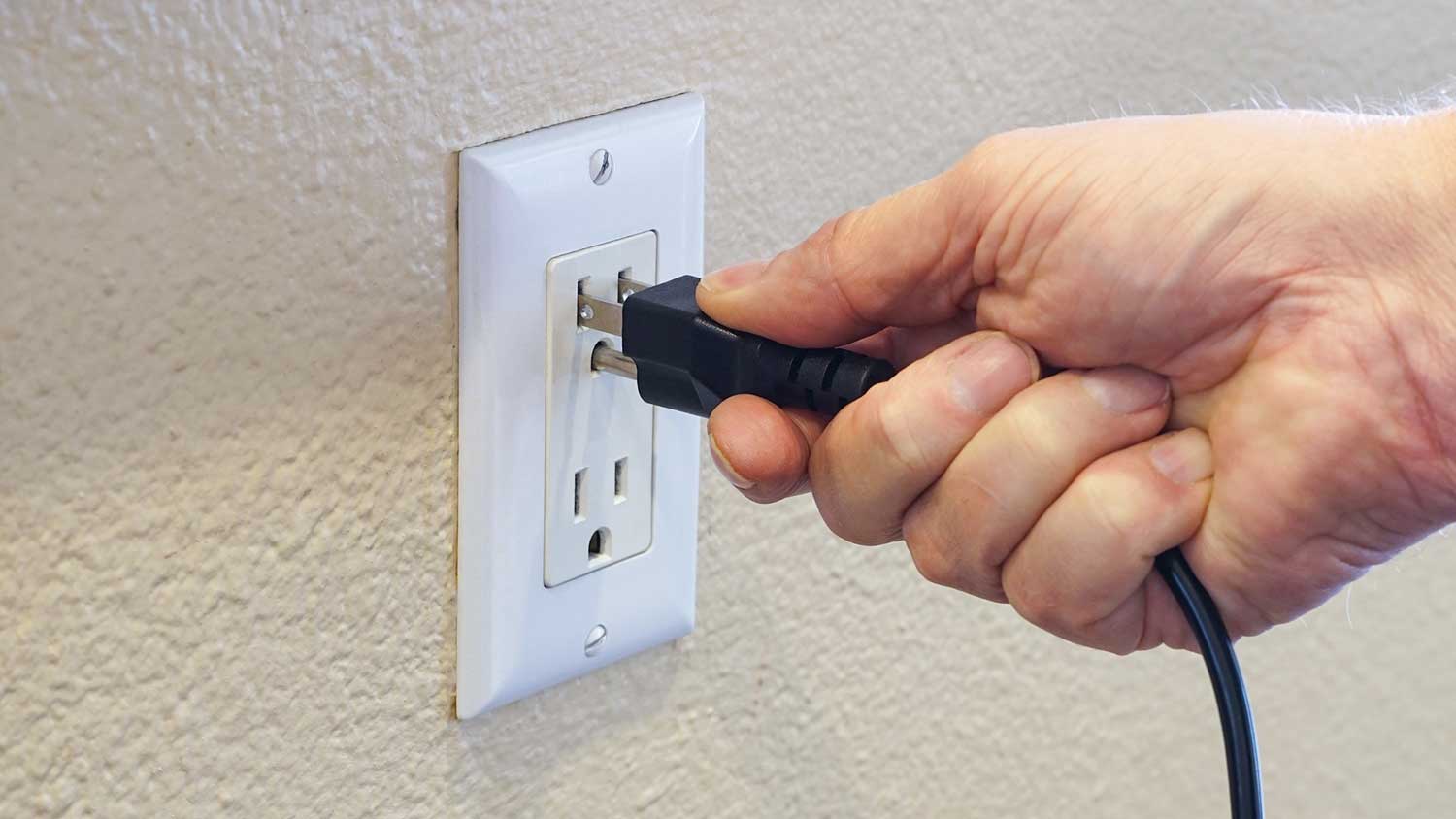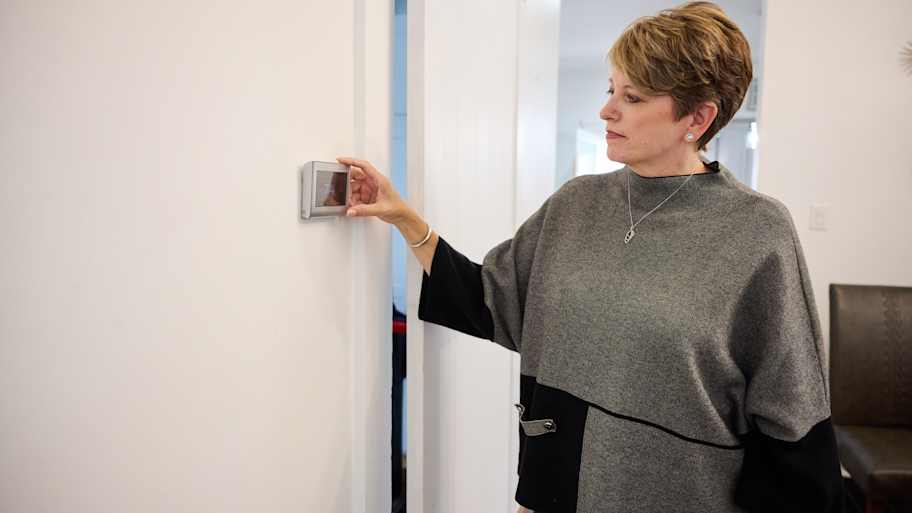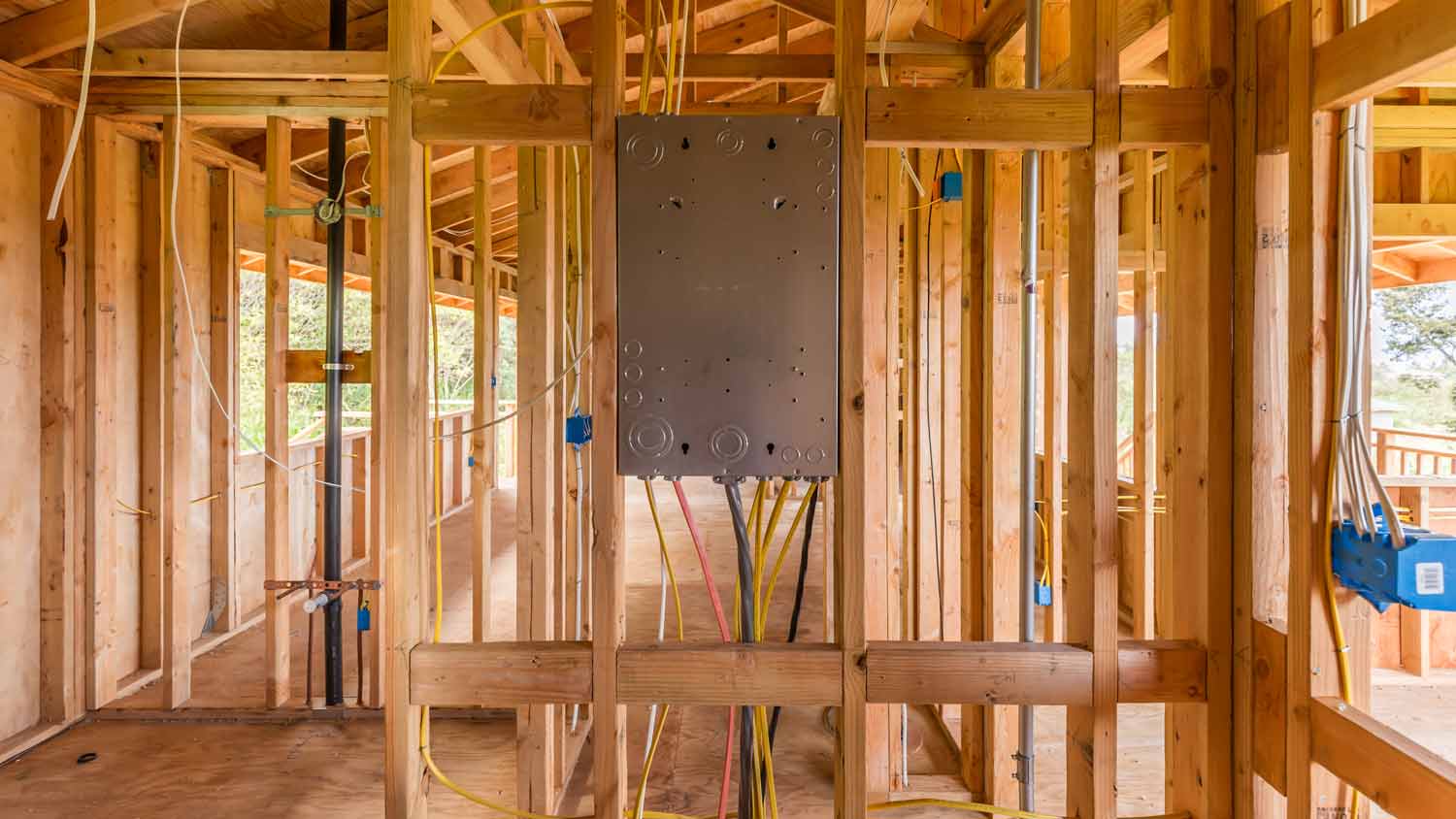11 Signs of Electrical Problems in Your Home
Knowing the warning signs of an electrical problem can help you prevent a dangerous situation


Many home electrical problems don’t sneak up on you—they show warning signs. Spotting signs of electrical problems in your home will enable you to address potentially hazardous issues before they get serious.
You may be able to troubleshoot some of these electrical issues yourself, but you should be cautious when working with electricity. Some electrical problems need a professional diagnosis and repair, so hire a local electrician to ensure your project is done safely and accurately.
Warning Signs of Electrical Problems
If sparks are flying (and not in a good way) you may have an electrical problem on your hands. Here are some warning signs to look out for in your home.

1. Circuit Breaker Problems

Circuit breakers trip when there’s an overloaded circuit. By shutting off the electrical supply, breakers prevent wires from overheating and potentially starting a fire. However, breakers can also trip when they are outdated. While occasional tripping can indicate simple overloads, you should consult a professional electrician if a circuit breaker trips frequently.
Working inside an electrical panel can be dangerous, so you should leave this type of repair to an experienced professional. And you should never replace a circuit breaker or fuse with a higher-rated one, as this can cause overheating and fire.
2. Electrical Shocks

If you notice a shock after crossing a carpeted surface, it may be from static. This mini science experiment is common in the winter and no cause for concern. On the other hand, if you feel a mild shock or tingle when touching an appliance, it could be a warning sign. These shocks often occur because of a ground fault in the appliance or improper electrical wiring.
If an outlet emits frequent electrical shocks, it could be an indicator that something is wrong. Common causes of sparking outlets include age, exposure to water, and short circuits. If you see a suspicious electric spark, consult an electrician immediately.
3. Hot Ceiling Fixtures

You should occasionally check the area around your ceiling light fixtures for warmth. Not all fixtures are well-insulated, and if you exceed the maximum recommended wattage for the bulb, the fixture can overheat. Too much heat buildup could pose a fire hazard, which is why electrical usage monitoring is essential.
Switching to compact fluorescent light (CFL) or light-emitting diode (LED) bulbs is one solution to this problem. The bulbs don't produce as much heat as incandescent bulbs, making them less likely to overheat or cause a fire.
4. Flickering or Dimming Lights

Flickering lights may be a sign of a defective or loose light bulb. If replacing the bulb doesn't solve the problem, consult a licensed electrician. There may be a problem with the light fixture, or the connections to the fixture or your home electrical wiring in the circuit breaker box may be loose. This type of electrical problem requires professional diagnosis to ensure a complete repair.
5. Malfunctioning Light Switches or Outlets

Light switches or outlets that don’t always work are often another sign of a home electrical problem. If you have a malfunctioning switch or outlet, the wiring could be loose or there could be an internal crack in the device.
“If you have an outlet or light that isn’t working, don’t just use another one without getting it checked out,” says Seth Silbaugh, owner of Switched Electric in Modesto, CA. “There’s a reason it isn’t working—and it will only get worse. Ignoring issues can turn a quick and inexpensive repair into a large, expensive issue. In the most serious case, it could lead to a fire.”
Loose plugs in an outlet can also pose electrical problems. If the plug partially falls out, someone could accidentally receive a shock when unplugging the cord. If you suspect that there’s something wrong with a switch or outlet, you should hire a professional electrician to conduct an electrical inspection. They can determine whether any loose connections exist, and replace any defective devices if needed.
6. Burning Odor

If you notice a burning odor coming from any outlets or switches, it could indicate a wiring or overload problem. You should turn the power off at the electrical panel and contact a qualified electrician for appropriate repairs.
A burning smell is a serious issue because it could indicate the start of an electrical fire. Receptacles or connected electrical cords that are warm to the touch are also a sign of an electrical problem and you should address the issue immediately.
7. Sparks

Occasional sparks when you first plug in an appliance are normal. However, large or frequent sparks could indicate a problem with your outlet or the circuit. If you hear a popping sound, it could be a sign that a wire is loose. Locating the loose wire in a circuit isn't always easy, so you may want to seek professional assistance.
8. Buzzing

A constant buzzing sound can signal an electrical problem, especially if it comes from an electrical outlet, appliance, or switch. Buzzing sounds indicate loose wiring, an overloaded circuit, or a faulty electrical component.
In some cases, buzzing may be a normal sound from certain electrical devices, such as dimmer switches or fluorescent light fixtures. However, if you notice a new buzzing sound or the buzzing sound becomes louder or more frequent, it may be a sign of an electrical issue.
9. Wrong Outlet Type in Kitchen or Bathroom

Since bathrooms and kitchens are areas with water, the risk of electrical shock is higher. Luckily, GFCI outlets help prevent electrical shock by quickly shutting off the power when a ground fault is detected, which prevents serious injury or even death.
You can use a GFCI tester to determine if you have the correct outlets for your room, or you can look for two buttons on the outside that say “test” and “reset.” If you don’t see these buttons or if the tester indicates you do not have the required GFCI outlets, you need to hire a licensed electrician to resolve the issue.
10. Loose Outlets

If your outlet isn’t attached to the wall or moves when you touch it, it could be loose. When outlets are loose, it can create a gap between the outlet and the electrical box, exposing the electrical wiring to air and moisture. This situation can create a safety hazard and increase the risk of electrical fires.
Loose outlets can also cause problems with electrical connections, which can create heat and spark, increasing the risk of fire. Not to mention loose outlets can cause electrical devices to work improperly or, in some cases, not at all.
11. Aluminum Wires

Aluminum wiring was commonly used in homes built between the mid-1960s and the late 1970s, but now, copper wiring is the preferred type for most homes. One of the main dangers with aluminum wiring is that it can expand and contract more than copper wiring when it heats up and cools down, causing the connections between wires and outlets to loosen over time. Loose connections can create heat, which can increase the risk of electrical fires.
In fact, The U.S. Consumer Product Safety Commission (CPSC) discovered that homes with aluminum wiring could be 55 times more likely to suffer fire damage. There are some workarounds to rewire your home, but it’s best to get an opinion from a licensed electrician before trying anything on your own.
Frequently Asked Questions
Old electrical systems may have more problems than newer ones. In some cases, like if your home has aluminum wiring, it may be necessary to update your electrical system. You should also update your home’s wiring if it still has knob and tube wiring, which is considered dangerous by modern building standards. If that applies to you, get in touch with an electrical professional near you to obtain a quote.
You may be able to spot common electrical dangers yourself, but it’s best to hire an electrician to diagnose and fix the issue. For example, you may be able to DIY small electrical fixes, like replacing an electrical outlet, but major electric repairs or replacements should be left to a professional electrician.
Common signs of faulty electrical wiring include frequent circuit breaker trips, flickering or dimming lights, burning smells near an outlet, buzzing or humming sounds, electrical shocks or tingles when handling outlets of appliances, and hot or discolored outlet switches. If you notice one or more of these signs, hire a licensed electrician for an average cost of $50 to $100 per hour to diagnose and make necessary repairs.



.jpg?impolicy=leadImage)

- Home Generator Repair
- Lamp Repair
- Electric Repair
- Generator Installation
- TV Antenna Services
- Emergency Electricians
- Commercial Electricians
- Attic Fan Installation
- Attic Fan Repair
- Exhaust Fan Installation
- Electric Inspectors
- Subcontractors
- Electrical Construction
- EV Charger Installer
- Chandelier Installation
- Doorbell Installation
- Bathroom Fan Installation
- Ring Installers
- Electrical Panel Upgrade















